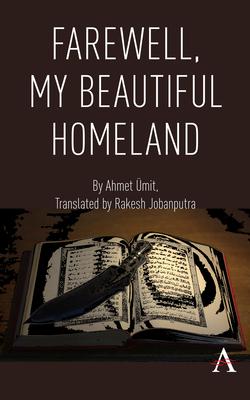It is the period just before the First World War. The multilingual, multifaith and multicultural Ottoman Empire is facing ruin and annihilation. Şehsuvar Sami is a young man from the city of Salonika whose dream is to move to Paris with his lover Ester and become a writer. However, the uprisings that begin in July 1908 in the Balkans are set to change his destiny, just as they will change the destiny of the entire country. A bit part in an assassination eventually turns him into one of the uprising’s most feared hitmen. Caught between his love of literature and the dark world of politics and struggling to find the strength to resist the pull of history, Şehsuvar ends up becoming a key figure in the new government’s intelligence network. His aim now is not to write novels that will draw people into a world of decency and beauty but to carry out his duties as a servant of the nation and defend his country, even if that means committing murder, mass murder. The reasoning is simple: in order to create a strong and independent country, one must be ready to commit atrocities.
Taking place in Istanbul, Salonika, Paris and Macedonia between 1908 and 1926, ’Farewell, My Beautiful Homeland’ is the story of lives that have been turned upside down by rebellion, revolution and war. It is the story of the Greek declaration of independence, of the Jews of Salonika being forced into exile, of the Bulgarians fighting for their independence and of the decline of the Ottoman Empire and the struggle to create a new nation out of its crumbling ruins. It is also the story of one man’s search for his true calling amidst the chaos of a turbulent historical era, the story of a man caught between his love for his country and his love for his woman. ’Farewell, My Beautiful Homeland’ is a story of unfulfilled dreams and the call of history. And underpinning it all is one fundamental question, one fundamental struggle: which takes precedence - the state or the people?












